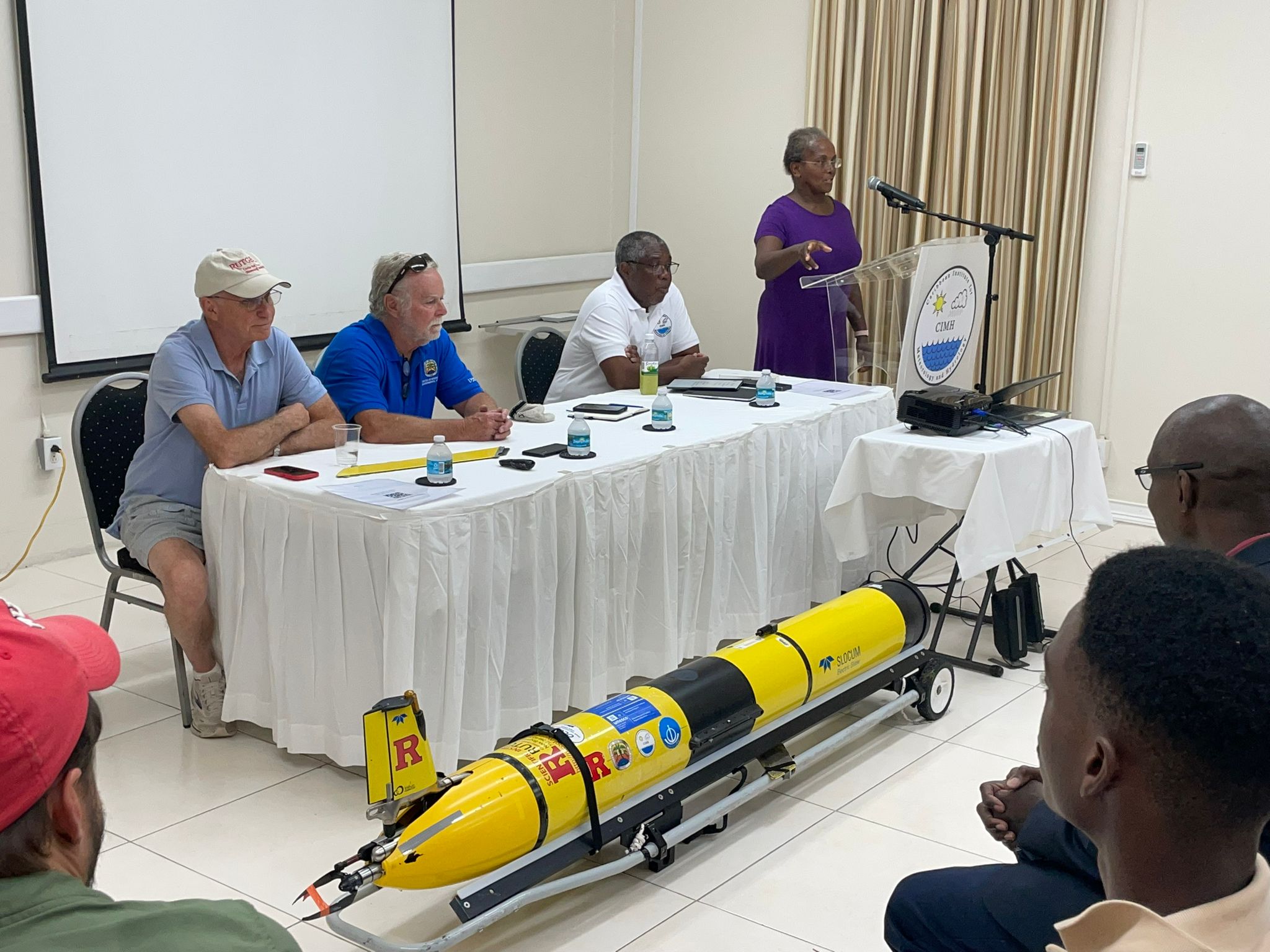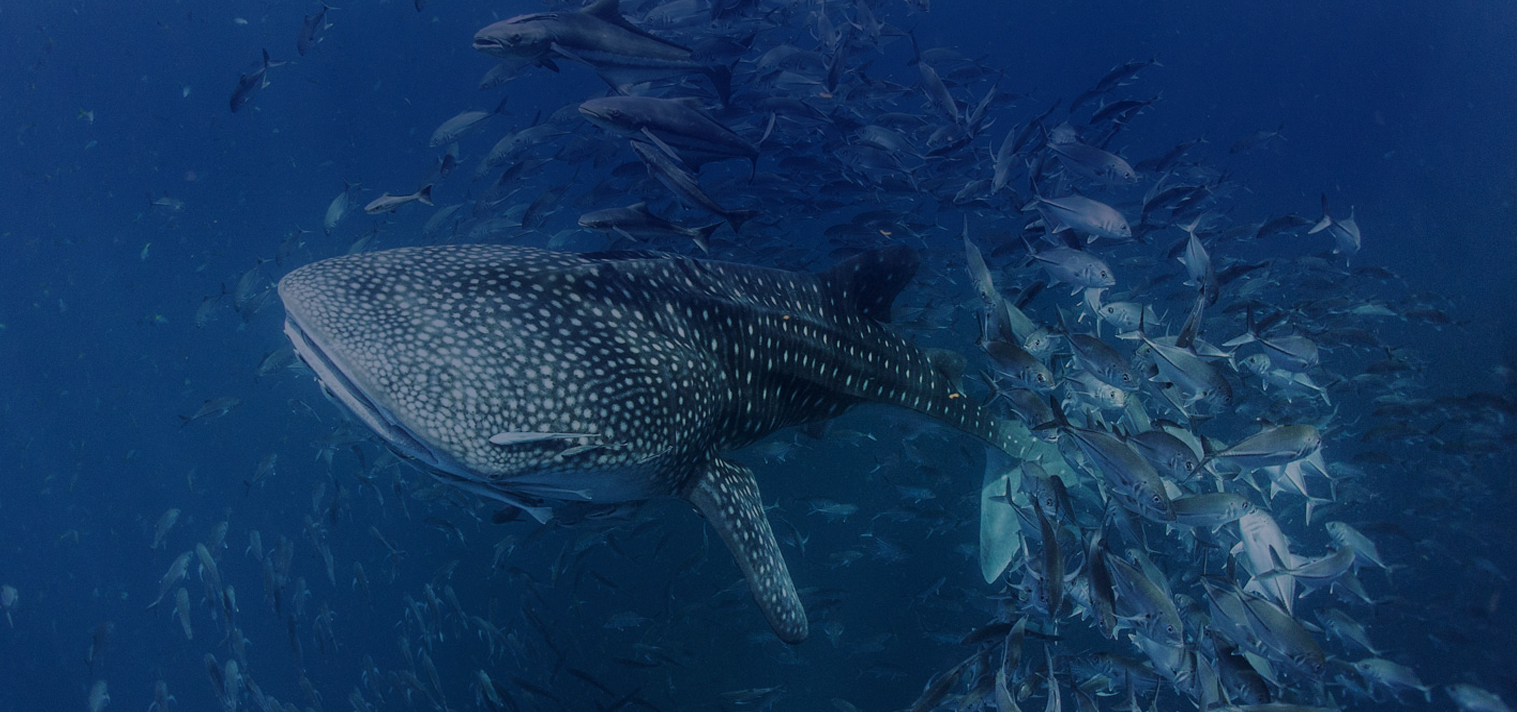Barbados set to be hub for marine science
BARBADOS IS BEING seen as a future hub for marine innovation, hurricane forecasting and scientific education.
Regional and international ocean experts made that announcement at the pre-launch media briefing for the Vetlesen Caribbean Hurricane Ocean Glider at the Barbados Blue Dive Shop in Aquatic Gap, Needham’s Point, St Michael yesterday.

16 Julio 2025




